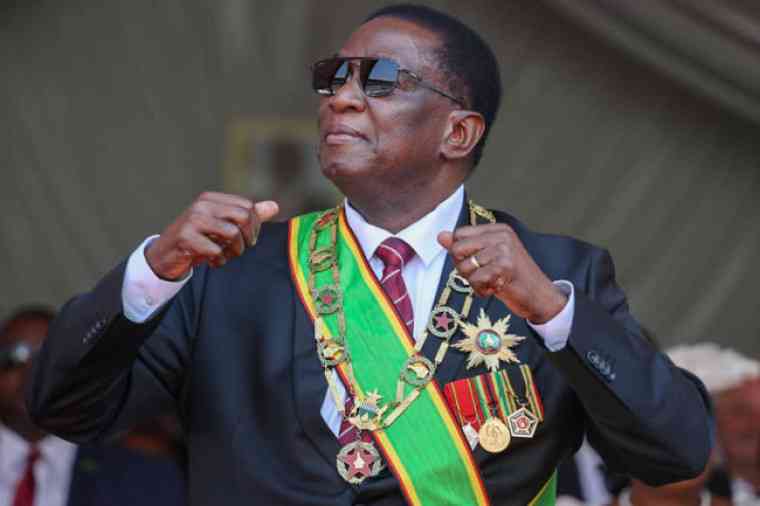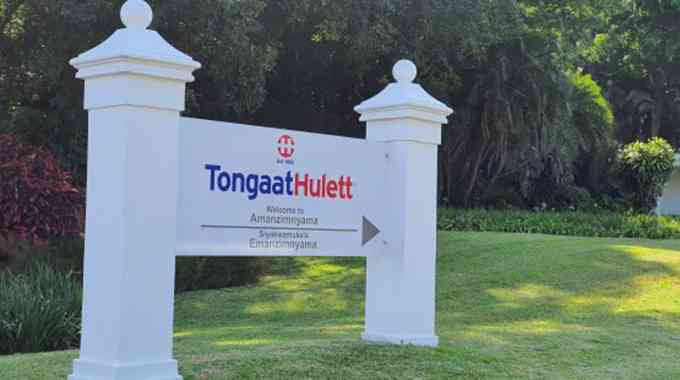
FBC Bank and First Capital Bank (FCB) emerged as the biggest winners at the 2025 Zimbabwe Independent Banks & Banking Survey and awards ceremony held in Harare yesterday, outperforming peers in profitability, efficiency and innovation.
FBC Bank was crowned Top Performing Local Bank, while FCB scooped the title of Top Performing International Bank.
The premier survey, hosted by the Independent in partnership with the People’s Own Savings Bank (POSB) and the National Building Society (NBS), remains one of Zimbabwe’s most credible barometers of financial sector performance.
This year’s edition introduced a dual ranking system, a first in the local industry, separating performance assessments for locally-anchored banks and internationally-affiliated institutions.
Analysts said the innovation reflects the evolving nature of Zimbabwe’s financial sector, where banks now differ significantly in capital bases, funding models, regulatory regimes and cross-border networks.
The new structure allows for a more nuanced comparison of strategic execution, financial resilience, digital capability and sustainable growth across diverse market conditions.
In its adjudication note, Erccro Consulting Inc, the survey’s lead analytical partner, said the 2025 categories were aligned with recent developments in the sector.
“(The) 2025 award categories covered Digital Banking Transformational Leader, Overall Bank for Financial Inclusion, Best Overall ESG Bank, Outstanding Leadership Award, Top Performing Bank Local and international,” the firm stated.
- UAE’s Masdar forms joint venture for Renewable Deployment in Africa
- Ex-dissident pens Gukurahundi book
- UAE’s Masdar forms joint venture for Renewable Deployment in Africa
- Steward Bank posts big jump in profits
Keep Reading
The consultancy explained that the split between local and international banks was premised on the unequal playing field, particularly around liabilities creation and cost of funding.
“International banks tend to attract better attention, especially from multinational companies, non-governmental organisations and other big corporates, owing to the foreign tag,” it said.
“On the backdrop of this structure, the average cost of credit from international banks is cheaper compared to local banks.”
Adjudication focused on profitability, efficiency, liquidity, shareholder value, digital innovation and financial inclusion.
FBC Bank topped the local category after successfully restructuring its income model, shifting from volatile valuation gains toward core banking income.
Net interest income, fees and commissions now contribute 78% of total revenue. CBZ Bank was named runner-up, recognised for robust profitability, balance sheet expansion and strengthened governance.
In the international category, First Capital Bank achieved a 15% rise in net profit despite liquidity constraints, with total assets growing to US$306,9 million and customer deposits climbing to US$187,4 million, underscoring strong market confidence.
Ecobank claimed the runner-up spot after posting a 142% surge in profit before tax, buoyed by balance sheet growth and innovative SME and retail offerings.
Nedbank Zimbabwe was named Digital Banking Transformational Leader, thanks to its integration of technology, customer-centric innovation and sustainability.
Initiatives such as WhatsApp banking, intelligent depositor ATMs and robotic automation set it apart.
Erccro said the award considered financial innovations, artificial intelligence processes, revenue generated through digitalisation and user-friendly omnichannel experiences. NMB Bank, the runner-up, recorded a 46,74% increase in digital connect channels, surging point-of-sale transactions and expanded its footprint to seven African markets. It is set to complete a major platform upgrade by December 2025.
AFC Bank won the Overall Financial Inclusion Award, expanding to 87 branches and over 550 agency and mobile banking points, driving a 28% increase in rural client onboarding.
Erccro noted that 65% of new accounts were opened in agricultural and peri-urban areas, with ZiG250 billion deployed in targeted credit for smallholder farmers, MSMEs and women-led enterprises, marking a 32% rise from 2024.
The adjudication for this category “focused on microfinance impact, microcredit, available easily accessible digital capabilities and growth in KYC (know your customers) lite accounts”, Erccro said.
“Critical emphasis areas were exhibited by capabilities possessed by respective financial institutions in capturing the unbanked community.”
CABS was named runner-up, recognised for partnerships promoting inclusive banking, including AfDB’s Affirmative Finance Action for Women Entrepreneurs in Africa (AFAWA) initiative and programmmes supporting education, health and youth empowerment.
CBZ Bank took home the Best Overall ESG Bank award for embedding sustainability across environmental, social and governance pillars.
Nedbank Zimbabwe was runner-up, dedicating 6% of its loan book to renewable energy projects, cutting 87 000 tonnes of projected carbon emissions annually and investing in STEM education and women entrepreneurship.
Ecobank managing director Moses Kurenjekwa received the Outstanding Leadership Award for steering the bank to a ZiG0,79 billion profit after tax amid liquidity pressures and regulatory tightening.
Under his leadership, total assets rose to ZiG25,01 billion, core capital reached ZiG2,60 billion and Ecobank became the first Zimbabwean bank to earn IFC EDGE green building certification for its headquarters.
Stanbic Bank CEO Solomon Nyanhongo was named runner-up, having lifted profit after tax from ZiG27,1 million to ZiG682,2 million while strengthening the bank’s capital base and operational resilience.
- As the June 30, the foreign currency exchange rate was US$1:ZiG26,9.











